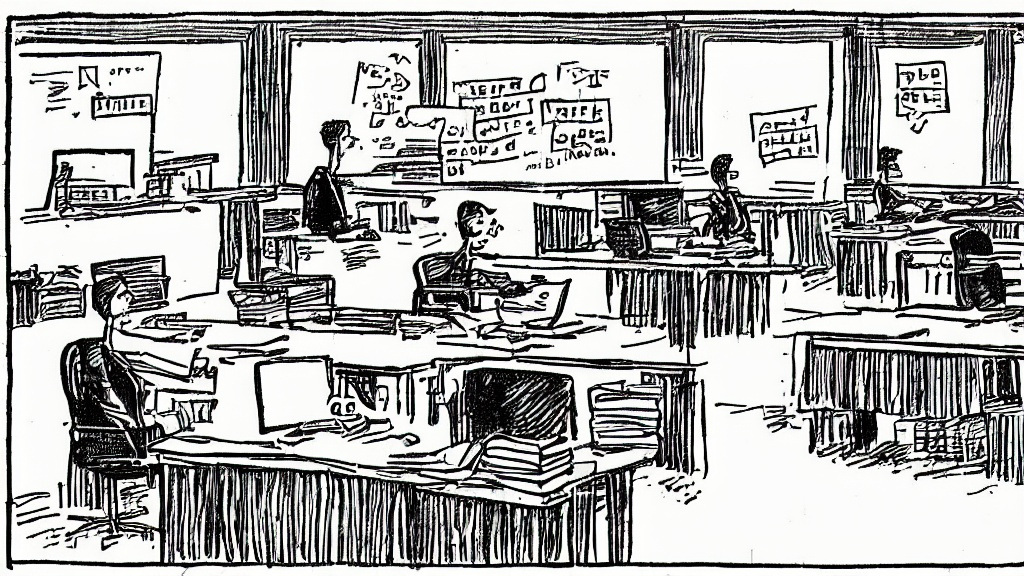
Your Top Employees Want Remote Work
The COVID-19 pandemic radically altered workplace dynamics, pushing many organizations to adopt remote work. Surprisingly, remote workers have shown higher productivity and satisfaction compared to traditional office settings. This shift eliminated daily commutes, office politics, and rigid dress codes, contributing to greater employee happiness.
Post-pandemic, there’s been a significant push for Return to Office (RTO) mandates. However, these mandates often seem driven by executives' desires to fill near-empty office buildings rather than clear business needs. Evidence suggests that enforcing RTO policies can backfire, leading to the loss of experienced managers and top performers—an outcome that can be disastrous for organizations. High turnover is costly, but losing your best talent is catastrophic.
The pandemic has changed the workplace in ways that are still not fully understood. As the political philosopher Edmund Burke noted, "custom reconciles us to everything." This applies to previous workplace norms, such as strict dress codes or expectations of working beyond regular hours. A break from the office has led many to question and reject these once-accepted practices. Additionally, the traditional power dynamic between employers and employees has shifted. Realizing that they can work effectively without constant supervision, many employees are reluctant to return to the office.
While some employees do return, often in hopes of career advancement, this trend raises questions about the criteria for promotions. Are these employees being rewarded for their loyalty or submissiveness rather than their performance? Moreover, some employees feel trapped due to personal obligations or lack of mobility, which could lead to a workforce of unmotivated "lapdogs."
Executives pushing for RTO need to provide compelling reasons for this move, as vague claims about organizational culture don’t suffice. Instead, offering significant incentives could encourage employees to return. Recognizing the shift in the power balance is crucial; mandates that impose unnecessary costs on employees are likely to be resisted, particularly by those with valuable skills and ample job opportunities.
Savvy executives can capitalize on this trend by attracting talent from competitors who enforce rigid RTO policies. If this trend continues, it could lead to the decline of traditional, authoritative executive styles, ushering in a new era of more flexible and employee-centric leadership.
Read more at RTE
